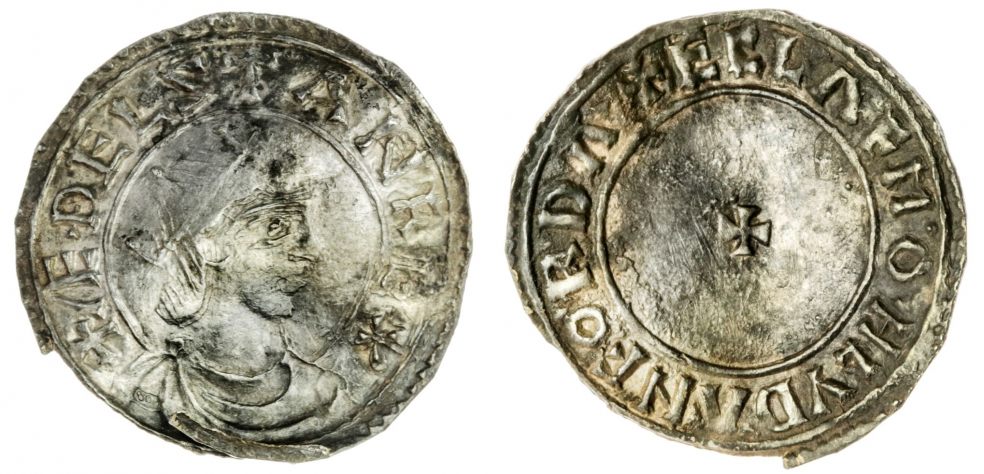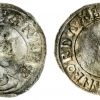
Lifting the Lyd! Chance discovery in Warwickshire field rewrites known history of Lydford
A 10th Century silver Penny is forcing historians to reconsider the known history of Lydford, and in particular their understanding of its Anglo-Saxon coin mint.
Prior to discovery, it was thought no coins were struck in the ‘burh’ town of ‘Hlidanforda’ prior to King Edgar’s reform of the coinage in 973. That was until a chance discovery by a metal detectorist on 24 August 2020 whilst searching a Warwickshire field.
Posting the find to social media, Senior Coin Specialist, Gregory Edmund of Spink advised the unnamed finder of the importance of the discovery. Having deciphered the text on the coin, he helped establish it as dating to the reign of King Aethelstan (924-939) and, as was customary at the time, also the name of the moneyer and mint site from the reverse reading ECLAF M’ON LYDANFORDA, or ‘Ecglaf at Lydford’.
Recognising the significance of the find, the coin was promptly recorded with relevant heritage institutions, before it was consigned for sale in London on Sunday 17th January. It sold to an anonymous UK collector for £8,750 – a world record price for a coin of the mint.
The find, perhaps the earliest recorded spelling of the Devon town also gives further insight into an edict issued during the reign of Aethelstan, later confirmed by the King at Exeter in the 920s:
“In Canterbury (there are to be) seven moneyers; four of the king, two of the bishop, one of the abbot; in Rochester three, two of the king, one of the bishop; in London eight; in Winchester six; in Lewes two; in Hastings one; another at Chichester; at Southampton two; at Wareham two; (at Dorchester one); at Exeter two; at Shaftesbury two; otherwise in the other burhs one”
Lydford had the distinction of being a burh (a fortified town) established under Aethelstan’s grandfather King Alfred the Great. The moneyer Ecglaf, likely a town Senior, can be traced as an experienced coiner across Wessex during the reign of Edward the Elder (899-924), explaining his trusted appointment as the sole manufacturer of the King’s coinage at the newly established provincial Devon mint.




















